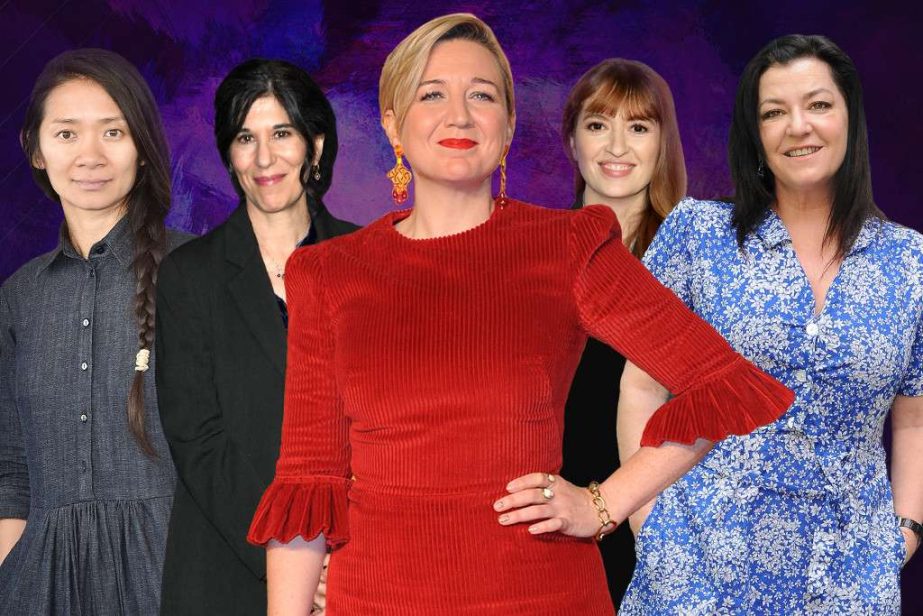
Hanan Haddad :
When you think of the Oscars, you might think of a glamorous night filled with A-listers, incredible red carpet appearances and eloquent, albeit rushed, thank-you speeches from the winners. But beyond its glossy exterior lies a rumbling underbelly: The film industry’s gender and race minorities, who have long been excluded due to the ingrained biases of an entrenched industry, are increasingly taking a defiant stand to bring about change.
With the #TimesUp movement still going strong, the Academy Awards are under more scrutiny than ever. Thus, it is disheartening to see that, after the promising improvement of female representation in last year’s nominees – with Greta Gerwig holding the fort for women on the movie director front – no woman was nominated for the Best Director category this year. Or in any other non-gender specific major categories, for that matter.
Plainly speaking, in over nine decades of annual Academy Awards ceremonies, only five female directors have ever been nominated. And of that minuscule number, only one female director – The Hurt Locker’s Kathryn Bigelow – managed to take home the golden statue in 2010.
This speaks volumes about who the Academy chooses to celebrate and the lack of representation of women in the film industry. It is difficult to be a female filmmaker in Hollywood, and the barriers to entry are high – because of existing prejudice and stereotypes.
One instance that clearly highlights these preconceived judgments is actress and producer Elisabeth Moss’ own experience. The Handmaid’s Tale star told Digital Spy in an interview that she personally faced this sexism when she was pitching a female-led project and was rejected because “it was too female by executives.”
“Everything was too female. It was a female lead, a female protagonist, it was led by a woman. It was too female,” she recounted. “I was shocked by it. I won’t say specifically [what it was]. It was recently.
“It was in the last couple of years. It’s shocking. It’s almost illegal.”
Other stereotypes women face in the industry includes being inadequate at managing large budget films, being better at being stylists, hair and makeup, and not being able to take up leadership roles. Even after setting these prejudices aside, few studios are willing to shell out the additional cash needed for a female-led Oscar campaign. And as with all businesses, female directors need access to capital – but the reality is that, they don’t.
But change is in the air. Actresses and filmmakers are using their platforms to fight for change.
Last year, Frances McDormand used her acceptance speech for the Best Actress award at last year’s Oscars to push for women to have an “inclusion rider” – a contract clause that ensures diversity and equality on film sets. “We [women] all have stories to tell and projects we need financed. Invite us to your office in a couple of days… and we’ll tell you about them,” the actress continued.
Earlier this year, Regina King, who won an Oscar nomination for Best Supporting Actress in If Beale Street Could Talk, also furthered the cause of women in Hollywood with her stirring acceptance speech at the Golden Globes.

